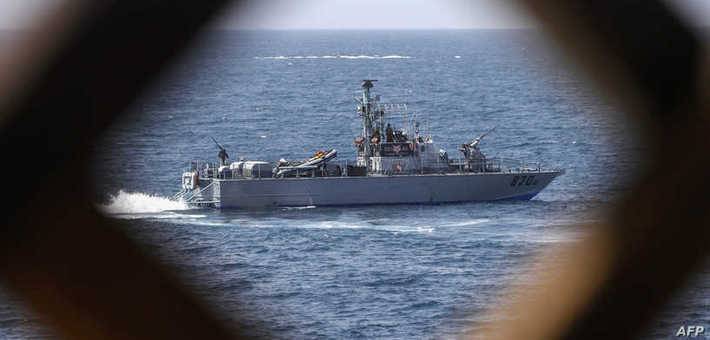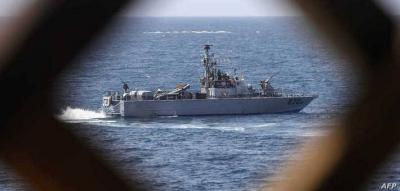Arab sources in the United States confirmed that American officials show significant interest in the issue of maritime border demarcation between Lebanon and the occupied territories, according to "Al-Akhbar." However, they noted a "negative assessment" of the recent visit by the American mediator in the negotiations, Amos Hochstein, as he "returned without an official written Lebanese position, complicating the negotiations." Nevertheless, they affirmed the American commitment to preventing any military escalation between Lebanon and Israel.
According to the information, the American side insists on the "contorted Line 23" proposed by Hochstein during his visit to Beirut last February, considering that "there is potential to market it to the Israelis." The Americans "insist that they heard no direct statements from Lebanese officials about a swap between the Qana and Karish fields; they learned of this from unofficial sources," referencing statements by MP Gibran Bassil. In this context, American officials hold Bassil responsible for obstructing "many files, including the demarcation file." The American stance towards the leader of the Free Patriotic Movement has intensified, according to the same sources, "after the parliamentary elections and Bassil's ability to maintain a significant bloc in the parliament and influence government formation and his role in the upcoming presidential elections."
Sources confirmed that the American side "is interested in understanding Hezbollah's true stance on the border demarcation issue. When Hochstein was in Beirut, he raised the issue with only one of the presidents, not all of them. He deliberately warned that military escalation by Hezbollah would push the region towards a larger war." He also inquired about "the seriousness of the threats made by the party's Secretary-General, Sayyed Hassan Nasrallah." Hochstein reportedly assured the presidential reference that "America wants a solution, but it is unable to impose anything on Israel. In return, he heard that Lebanon is unable to provide further facilitation and that the resistance will play its role if the enemy decides to ignore Lebanon's interests and proceed with extraction operations that threaten Lebanon's oil and gas rights."
It is worth noting that the American ambassador in Beirut, Dorothy Shea, is currently in the United States and has informed her contacts that she will return next Tuesday and will attempt to obtain initial responses regarding how the American government will handle the energy importation file from Egypt and Jordan, and about the discussions concerning the border demarcation project. The sources pointed out that Shea conveyed Hochstein's support for tying any plans related to electricity in Lebanon to the work program with the International Monetary Fund.
In this context, sources close to the file via "Nidaa al-Watan" expected that the shuttle diplomacy conducted by the American mediator between the Lebanese and Israeli sides would lead to "reviving the indirect negotiation table in Naqoura in the upcoming period," noting that the resumption of negotiations will commence this time "from the coordinates of line 23 as the highest ceiling for Lebanon's border demands." The sources conveyed information indicating that "the American administration is determined to reach a border agreement between Lebanon and Israel, alongside an international and regional desire to defuse any potential explosion in the region, recognizing that the threat of igniting the southern Lebanon front will not remain contained but will have repercussions affecting multiple regional arenas." From this standpoint, the most likely direction according to the sources is that current American efforts will pave the way for "a swift return to negotiations in Naqoura to seek ways to alleviate the technical disagreements that continue to hinder resolving the Lebanese-Israeli border dispute, in preparation for reaching an agreement that leads to the signing of the final demarcation maps between the two sides under the auspices of the United Nations."




